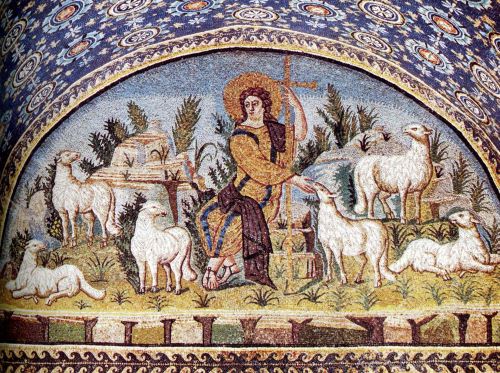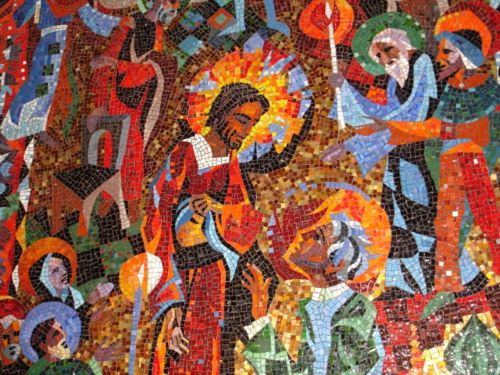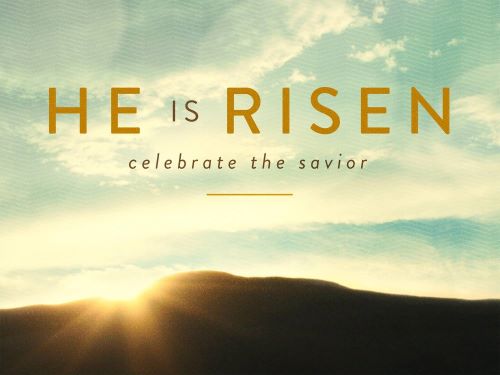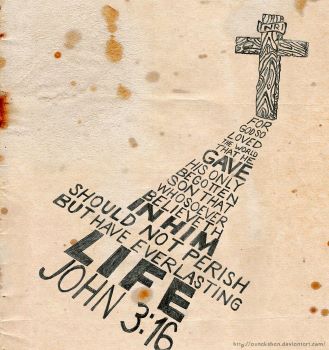How Do We Reduce Our Debt?
Year C
Amos 8:4-7
Psalm 113
Philippians 2:5-11
Luke 16:1-13
May the words of my mouth O God… speak your truth…
The passage… the story… in Luke’s Gospel… just before today’s… is the story of the Prodigal Son… the son who was wasteful and extravagant… who spent money and resources freely and recklessly… and who hits bottom… so he cares for and feeds pigs… a not-very-Jewish thing to do… and he… would gladly have eaten what the swine ate… but no one would give him anything… John Shea writes… however he suddenly comes to himself… does an inner assessment… and develops an action plan… but as we know… his plan will not come to fruition… because it will be overshadowed by the wild welcome of his father…
In today’s story… property is also squandered… and the manager who did the squandering also hits bottom… at least in his imagination… unlike the prodigal… he is not immediately threatened with starvation… but he is threatened with the loss of his job which would lead to that… he fears that he’ll never be hired again as a manager… and thinks of only two options which would be open to him… physical labor and begging… and he is too weak for the one and too ashamed for the other… so he too takes stock of his situation and comes up with a plan…
So the debtors are questioned… and at the Manager’s questioning and instruction… they acknowledge how much they owe… but it’s they who alter the numbers… and they who change the debt… it’s their handwriting that has doctored the bills… so in the end… the Manager could feign ignorance… and in line with all shady undertakings… they must all do this quickly…
Today’s parable is where forgiveness moves from the bottom up… but let’s look for a moment at another familiar parable… the one of the Unforgiving Servant… a story where forgiveness moves from the top down… it’s the story where a servant owes the King 10,000 talents… now one talent equals 6,000 denarii… and one denarii was a day’s wages… so if we do the math… the servant owed the King about 160,000 years’ wages… we could say he owed the King his life… but the King forgives the debt… the King dies to his claim to it… the King’s hope is that the servant will take the hint… and similarly die to the hundred dollars that’s owed him by someone else… but as Jesus tells the story… the forgiven servant chooses the hard line of a bookkeeper’s life… instead of the care-free attitude of a spendthrift’s death… and short-circuits the work of forgiveness…
In today’s parable… the Rich Man starts out expecting to get every jar of oil… and every grain of wheat that’s owed to him… he refuses to die to any of his bookkeeping… to any past due accounts on which he has been unable to collect… but someone… we don’t know who… becomes a whistleblower against the Manager… brings charges against him… and the Rich Man fires him… and this firing means his death… but the Manager is freed by this death… freed to think things he could not have thought before… he’s the one… who from the bottom of the heap… becomes the agent of life for everyone in the parable… he becomes life from the dead for these debtors… and he becomes life from the dead… for the Rich Man… because… as Fr. Robert Capon writes… the sight of a loser pulling off a coup like this… maybe being able to collect something when nothing was likely to come… and doing this in the very thick of his losses… finally loosens the Old Boy up… and he commends the dishonest Manager because he acted shrewdly… and the Manager is able to be the resurrection of the debtors… because they wouldn’t consent to deal with anyone but a crook like themselves… they would never have gone near him if they thought he was a respectable bookkeeper…
The church can hardly resist the temptation to gussy Jesus up into a respectable citizen… but today’s Unjust Manager is the Christ-figure… the Manager is a crook like Jesus is… and so the unique contribution of this parable… is its insistence that grace cannot come to the world through respectability… respectability regards only success… and winning… and wealth… it will have no traction with the grace that works by death and losing… and the point of both of these parables is this… ] grace works only on those it finds dead-enough to raise to new life… it’s the only kind of grace there is…
And Jesus baits us criminals with his own criminality… because wouldn’t we really rather deal with another criminal than with God the Father… who expects to be paid in full… because compared to what we really owe… 10,000 talents would be like pocket change…
And like the Manager who intercedes between us and God… Jesus… who rejected equality with God as something to be exploited… reduces the debt of our sin… but it can’t be done for us… it has to be our handwriting… our willingness… our fearless moral inventory… our decision to participate in this collusion…
But why doesn’t Jesus just zero out our balance… why is anything at all… left on our bills… it may be because we need to owe something… even though Jesus has become life from the dead for us… we’re not and can’t be as free as the Manager’s boss the Rich Man… we’re not and can’t be as free as the Manager… we need the tether of relationship and accountability… the practice of gratefulness… and the memory of how heavy the bill used to feel… to remember forgiveness… so we can share it with others…
We are children of light… children whose consciousness has been illuminated by the Good News… we share this consciousness with each other… it connects us and makes us brothers and sisters… but it’s threatened by powerful forces that we’re usually not aware of and against which we usually don’t struggle… we’re shrewd in the ways of the world… but not so shrewd in the ways of the spirit… so it’s much easier for us to save our physical and social lives…
Pastor Martin Billmeier writes… We believe that Jesus is the confirmation of the view that God is One who’s concerned not in leading king’s armies… but in making sure they don’t abuse their power… God appears as one “weak” and “poor” among us… and dies the death on a cross of one who is powerless… that weakness gets our attention… that weakness is God’s strength to renew humanity… the weakness of that cross promises resurrection to those who are poor and dying and destitute… whether literally or spiritually… and a God who appears in weakness must have a heart for those struggling under the weight of this existence… the economically challenged… the mentally ill… the addicted… and so many others who are so often blamed by the strong for their condition… which money is sometimes unable to cure…
Money is promoted as providing social security… and to some degree it does… but it can easily come into competition with God who is ultimately our only wealth and security… ] from the world’s perspective God’s wealth of forgiveness and letting go is dishonest… ] and from God’s perspective amassing more of the world’s wealth and keeping score is dishonest because it promises what it can’t provide… ] so let’s… in our own handwriting… decide to be rich in God’s wild welcome… and in God’s immeasurable wealth!








